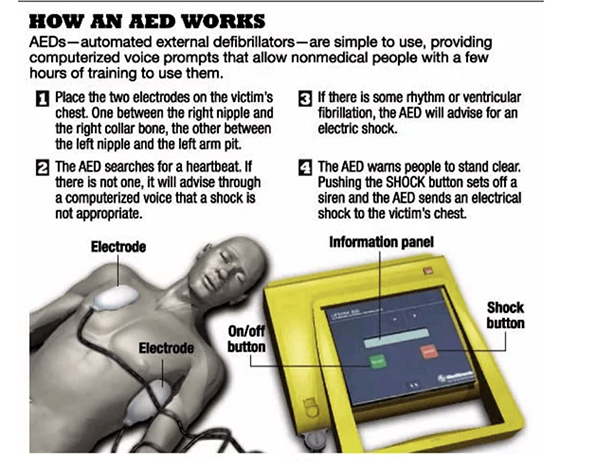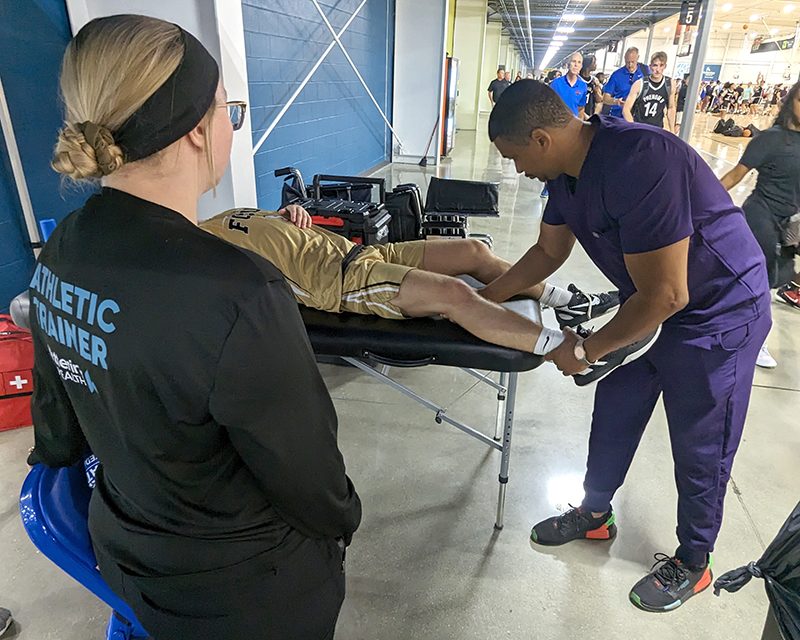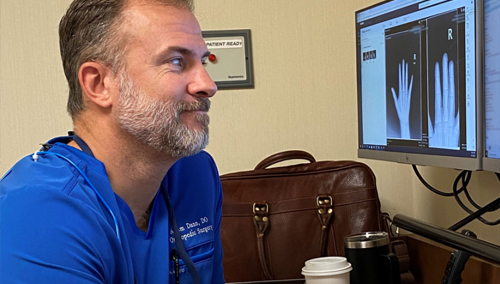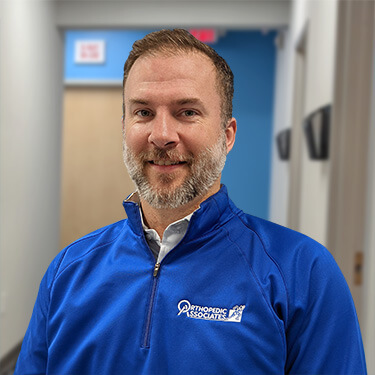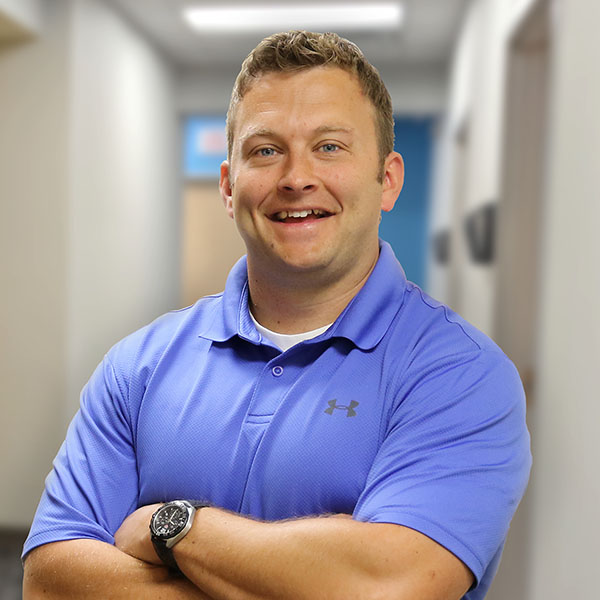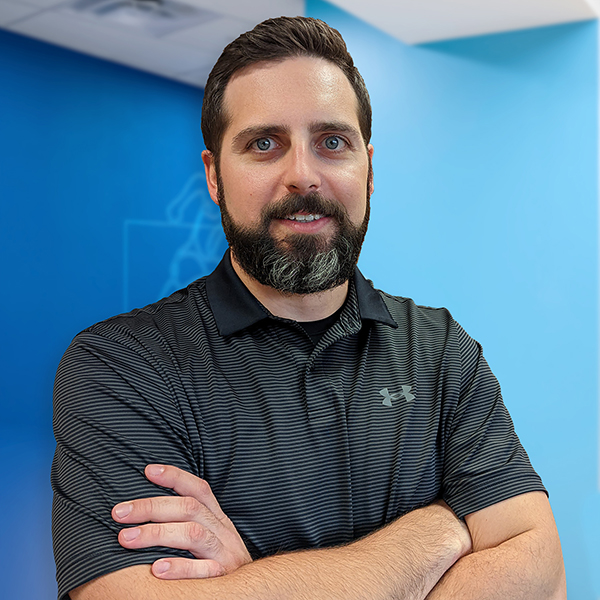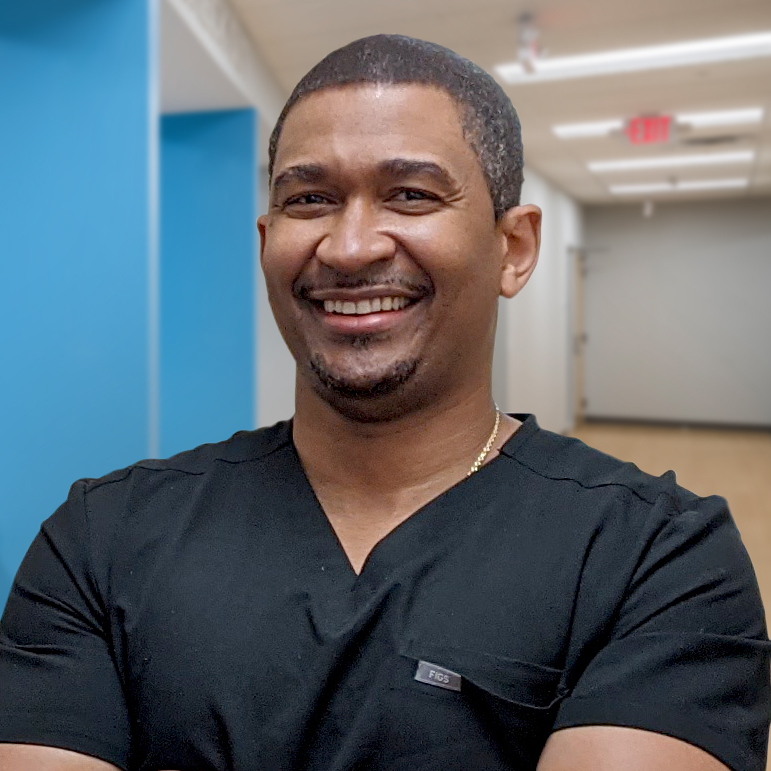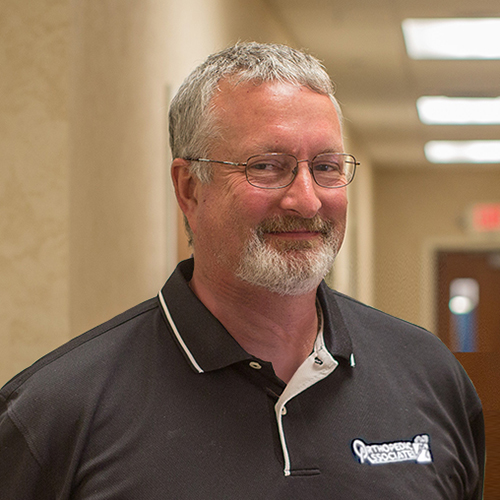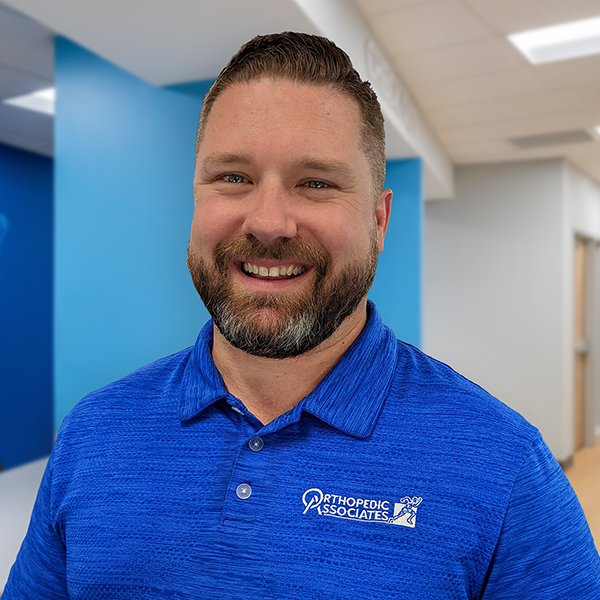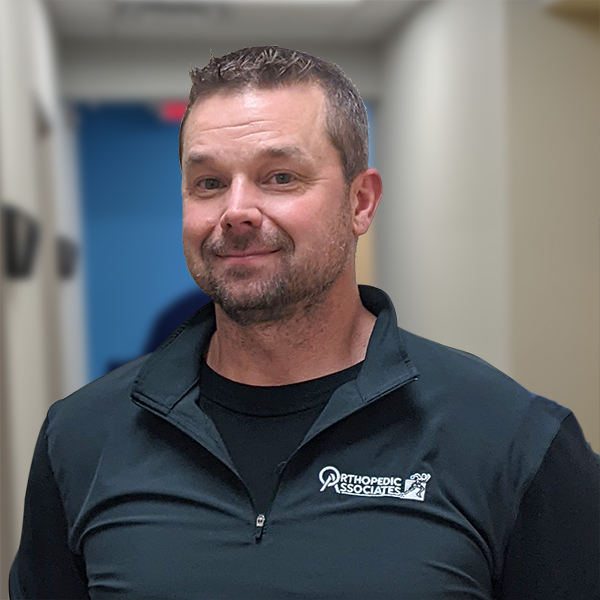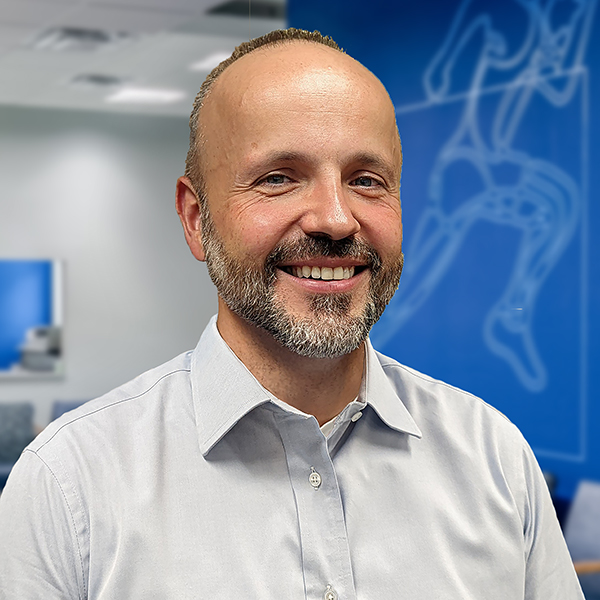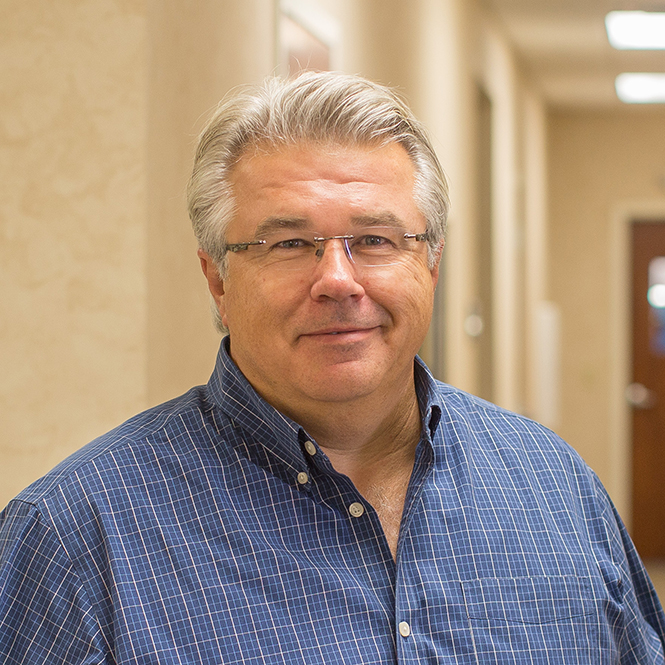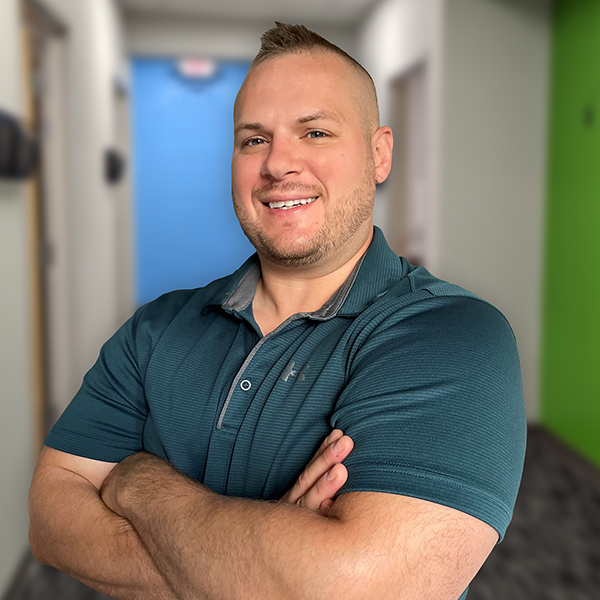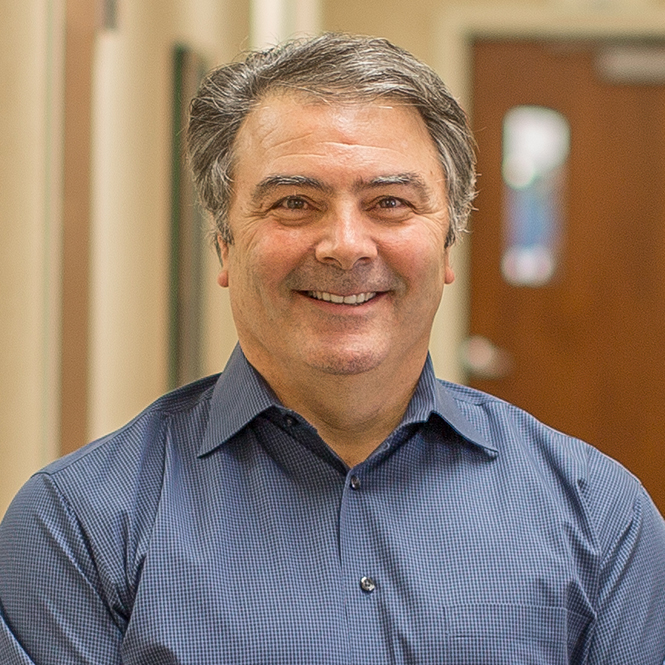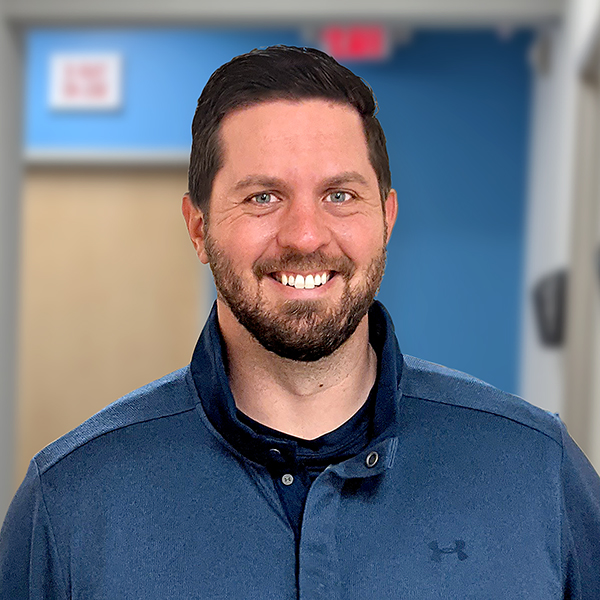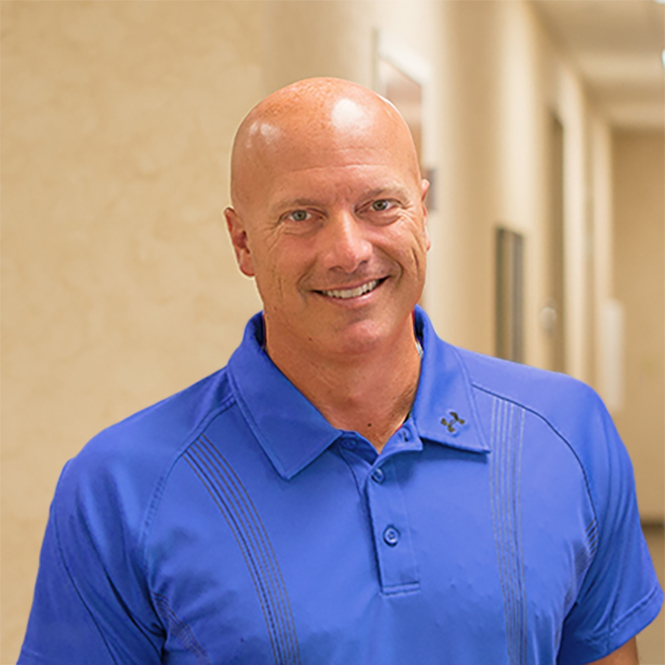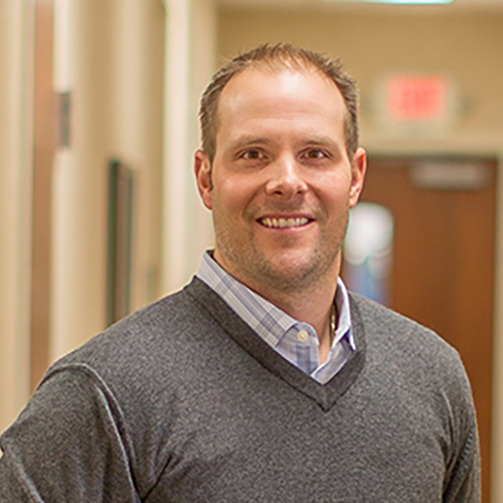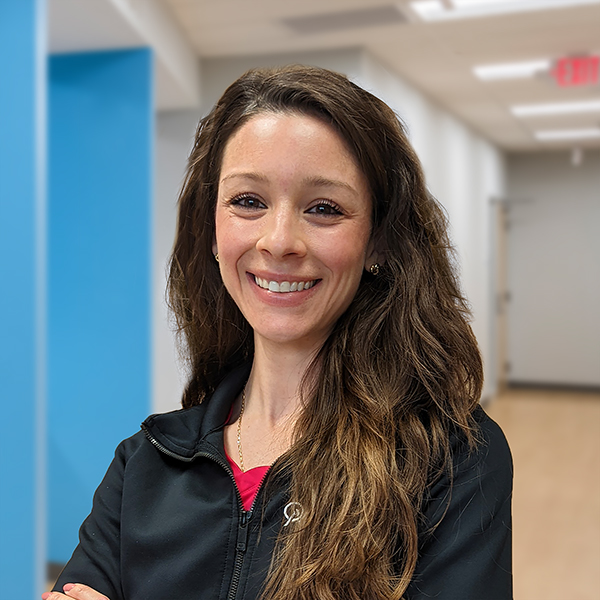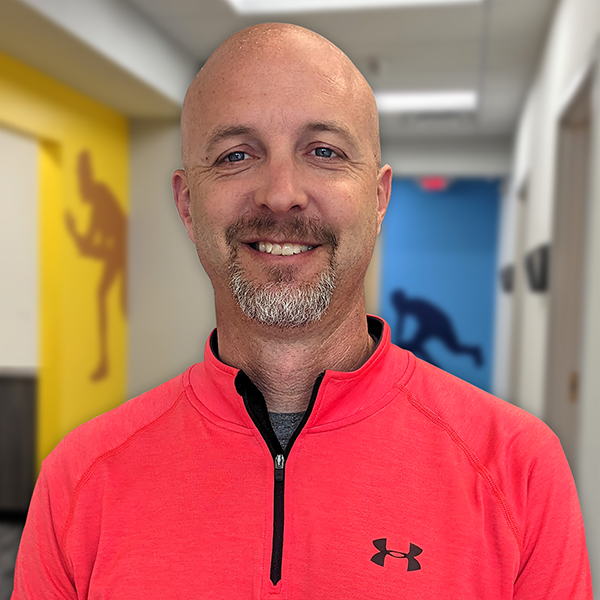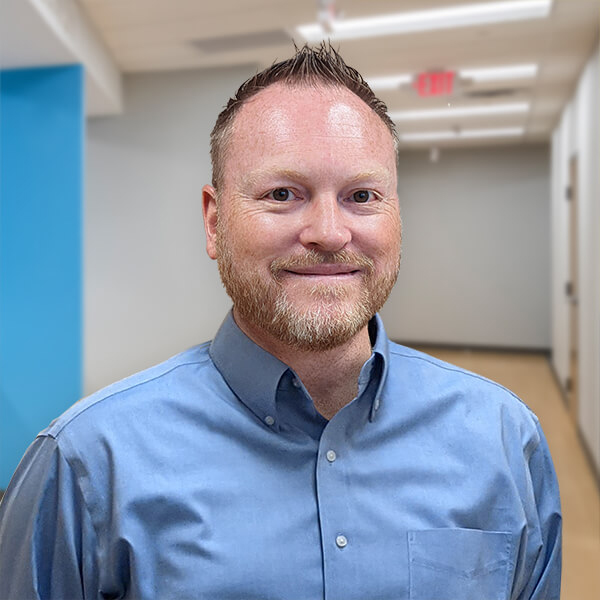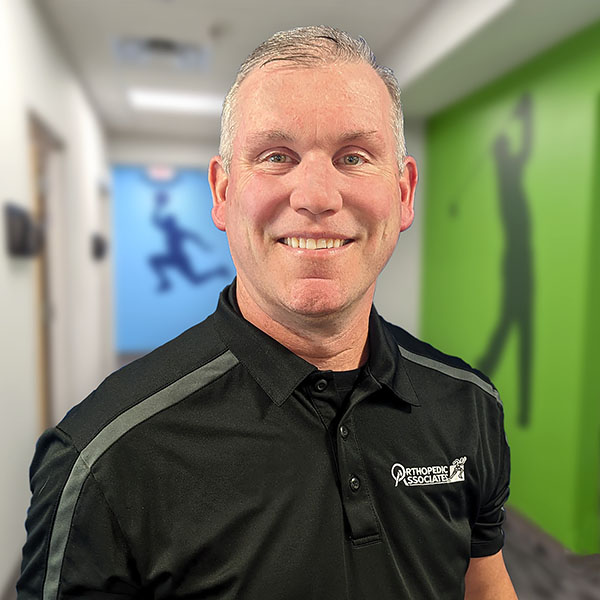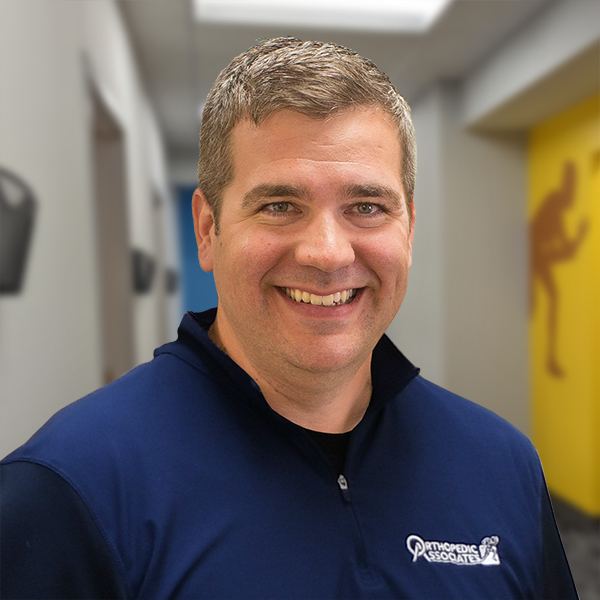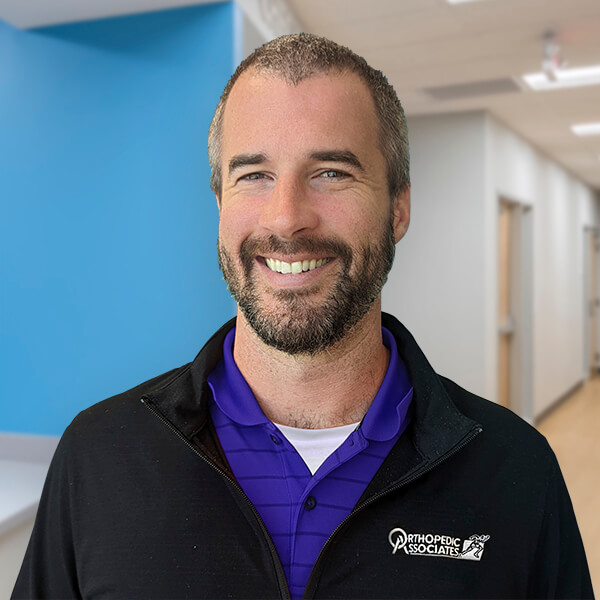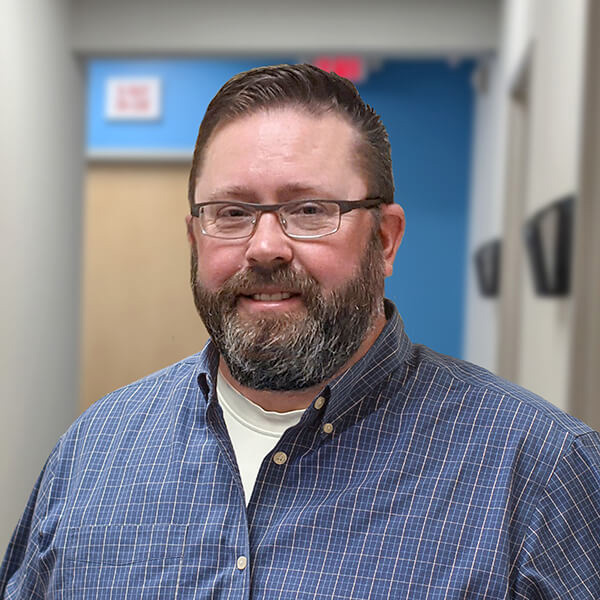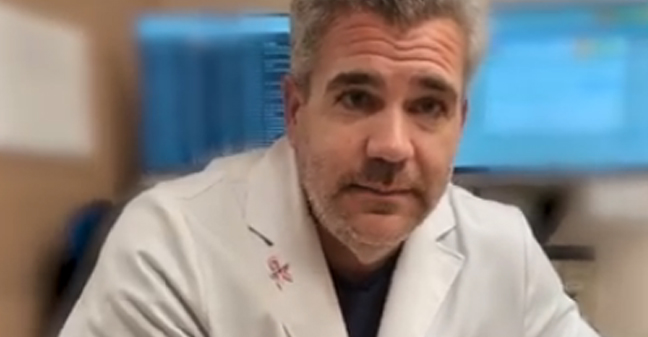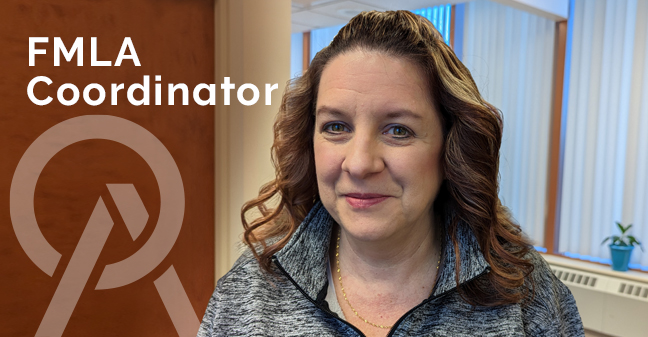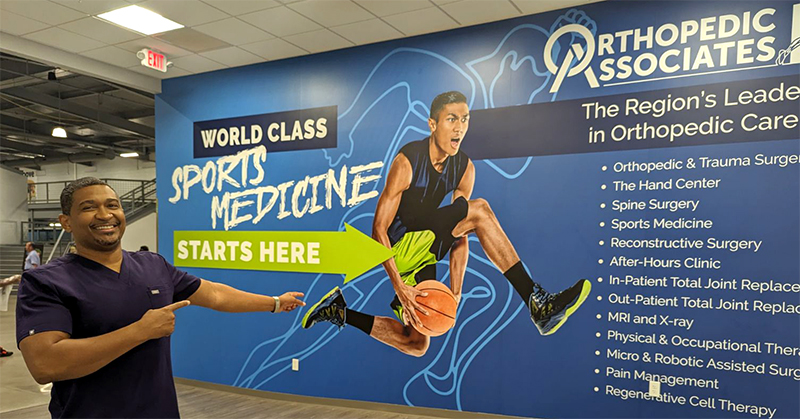
Sports medicine is more than just bones and joints. It’s important to consider your overall health and consult with a professional before participating in any activity for the first time.
With LeBron James' son, Bronny, recently suffering a cardiac arrest during basketball practice, Dr. Atiba Jackson, one of OA's Sports Medicine Experts, weighs in on his thoughts about the players' condition and how Cardiac Arrest can present in athletes at every level.
"As someone who sees athletes every day," Dr. Jackson begins, "I wanted to list some of the common causes of cardiac arrest that can happen and should be considered before beginning a new sport or activity, and something to keep in mind as an athlete progresses.
- Hypertrophic Cardiomyopathy (HCM): A genetic condition where the heart muscle becomes abnormally thick, making it harder for the heart to pump blood. It's the most common cause of sudden cardiac death in young athletes and most likely what happened with Bronny James.
- Coronary Artery Abnormalities: Some athletes are born with coronary arteries that are not connected properly. During intense exercise, this can lead to a sudden blockage of blood flow to the heart, as seen in such athletes as Shaquille O'Neal's son, Shareef O'Neal.
- Long QT Syndrome: A hereditary disorder of the heart's electrical system, which can lead to life-threatening arrhythmias, especially under stress or during exercise.
- Commotio Cordis: A sudden blow to the chest, often by a baseball, hockey puck, or other projectiles common in high velocity sports, that can trigger a lethal heart rhythm if it strikes at just the wrong time in the heart's cycle. A prime example of this would be Buffalo Bills, Damar Hamlin, collapsing during 'Monday Night Football' last January.
- Undetected Heart Infections: Viral infections can sometimes inflame the heart muscle, leading to conditions like myocarditis which can be fatal if not detected and treated."
"It's crucial for athletes to undergo regular medical check-ups and be aware of any family history of heart issues. Early detection and intervention can save lives." Explains Dr. Jackson.
Dr. Jackson continues by saying, "An AED is the device most likely responsible for saving Bronny James life in addition to CPR."
An AED, or Automated External Defibrillator, is a portable electronic device that can automatically diagnose and treat life-threatening cardiac arrhythmias, particularly ventricular fibrillation, and pulseless ventricular tachycardia. When these arrhythmias occur, the heart cannot pump blood effectively, which can quickly lead to death if not treated.
The AED works by delivering an electric shock to the heart, with the aim of restoring a regular heartbeat. When used in conjunction with CPR (cardiopulmonary resuscitation), an AED can significantly increase a victim's chance of survival. While CPR keeps blood flowing and oxygenates the brain, an AED can potentially restart the heart.
"Ideally, everyone should be familiar with how to use an AED," Says Dr. Jackson, "They're designed for use by laypersons as well as healthcare professionals. Many public places, such as schools, airports, gyms, and offices, now have AEDs available in case of emergencies. It's recommended that they be stored in easily accessible locations, clearly marked, and regularly checked to ensure they're functional."
As the school year kicks back into gear, and athletes of all ages prepare for the upcoming fall sports season, it's crucial to keep in mind that incidents like the one involving Bronny James can indeed occur. This underscores the significance of undergoing a sport physical and maintaining regular visits to your healthcare provider. Whether you're embarking on a new sporting venture or staying committed to your athletic pursuits and passions, these steps are of utmost importance to maintain your overall health.
Orthopedic Associates is the leader in sports medicine in the Miami Valley and continues to provide our communities athletes with the very best in patient care. Call and make an appointment today with one of OA’s trusted sports medicine experts, such as Dr. Atiba Jackson, at 800-824-9861.
